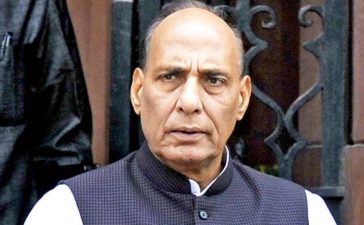 New Delhi:The Delhi government on Tuesday told the Supreme Court that it wanted to move a plea seeking to support the Delhi High Court’s November 6 order quashing 60 percent quota for the children of group A officers belonging to all India services in elite Sanskriti school here.
New Delhi:The Delhi government on Tuesday told the Supreme Court that it wanted to move a plea seeking to support the Delhi High Court’s November 6 order quashing 60 percent quota for the children of group A officers belonging to all India services in elite Sanskriti school here.
Allowing the plea for intervention by senior counsel Shekhar Naphade, appearing for the Delhi government, a bench of Justice Anil R. Dave and Justice Adarsh Kumar Goel directed the listing of the matter for further hearing on January 19.
“We are supporting the Delhi High Court judgment,” he told the court as senior lawyers appearing for the central government and Sanskriti School told the court that adjournment of hearing would affect the admission process.
Countering the submission, Naphade told the court that high court judgment was of November 6 and the central government and school challenged it much later to stress that fault for the delay could not be put at the doorsteps of Delhi government.
He said that January 22 was the last date for submitting the applications for admissions and the actual admission would take place sometime in February.
The court was also told that besides the high court judgment, the petitioners have to be cross the hurdles of two notifications of December 8, 2015 and January 16, 2016, issued by Delhi government doing away with any quota except 25 percent for the weaker sections of the society.
The Delhi High Court verdict came after it examined the validity of the 60 percent quota for children of group A officers after taking suo motu cognizance of the issue in 2006.
While quashing the reservation for the children of the top officers belonging to all India services, it had said: “Reserving seats for a particular branch of the Indian Services disadvantages children of persons engaged in other branches of the Indian Services.”
It had asked the central government to see whether Sanskriti School could be made a part of the existing Kendriya Vidyalaya Sangathan.
The school was allotted land at a premium of Re.1 and a ground rent of Re.1 per annum.
“The state cannot provide funds to any private individual to establish a school for an elite segment of society,” the high court had remarked.




